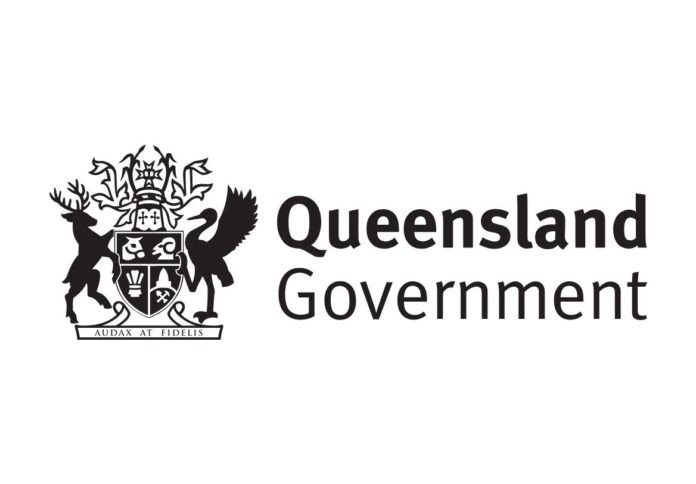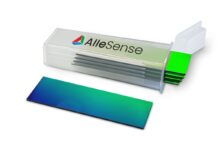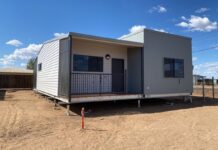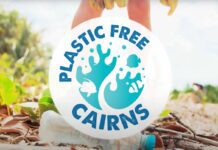
The Queensland node of the Australian National Fabrication Facility (ANFF-Q) on Tuesday celebrated a significant overhaul with a $23 million upgrade showcasing the completion of a 3D nano printer – the first of its kind in Australia.
The state-of-the-art facility will be open to researchers and businesses developing new products and devices, including Queensland biotechnology start-up Vaxxas, which develops a needle-free way of delivering vaccines and researchers using snake venom to assist in wound treatment.
Science minister Meaghan Scanlon said the state government has provided $4.95 million to ANFF-Q from its $25 million Research Infrastructure Co-investment Fund (RICF) for crucial improvements to the facility, including a new cleanroom and the hiring of specialized employees.
“The opening of the new cleanroom represents the conclusion of a four-year project to upgrade the facility to ensure it remains at the forefront of scientific exploration, boosting our competitive advantage in advanced manufacturing,” Scanlon explained.
The new ANFF-Q cleanroom is an expansion of the previous cleanroom, which has almost doubled in size from 100 to 190 square meters. It is required for developing new components and devices while preserving manufacturing quality.
The minister added that the introduction of the new cleanroom guarantees that scientists will continue to be at the forefront of research by giving them access to the most recent capabilities and technology needed to deliver high-performance fabrication outputs.
Meanwhile, ANFF Ltd Chief Executive Officer Jane Fitzpatrick said that as a leading member of the ANFF network, ANFF-Q had provided services to hundreds of researchers and companies who have had their work improved by the capabilities available.
ANFF-Q’s hub specialises in microfluidics; organic electronics and opto-electronics; biomaterials; novel semiconductor materials; and the vital testing of these components.
The National Collaborative Research Infrastructure Strategy of the Federal Government was supplemented by the Queensland Government’s establishment of the RICF (NCRIS). The main goal of the RICF is to offer crucial co-investment in Queensland’s NCRIS facilities.




















